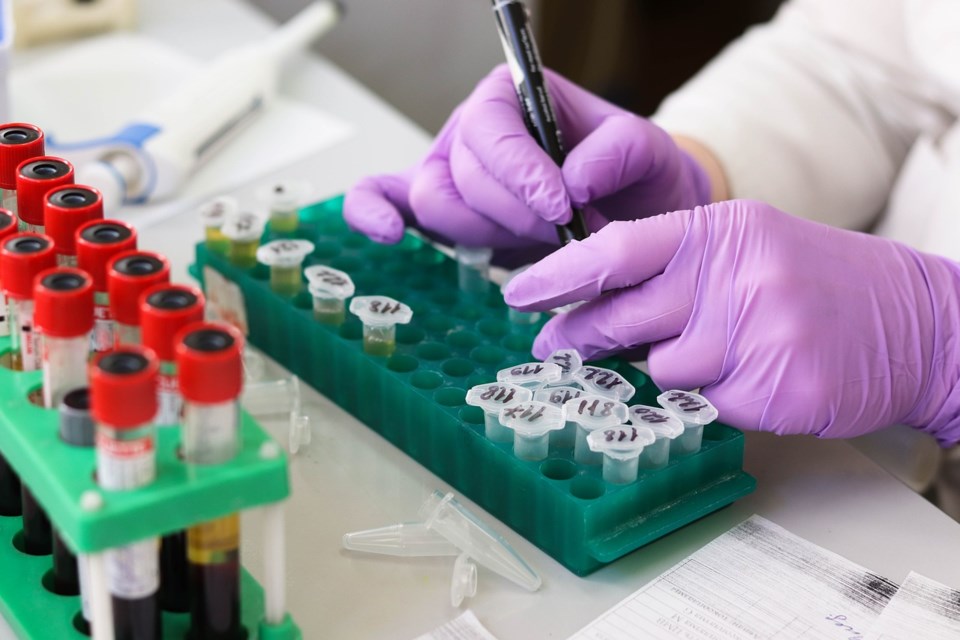Nearly 700 people have been tested so far for coronavirus in B.C., significantly more than other provinces, according to Health Minister Adrian Dix.
As of Friday, 677 people and 996 samples have been tested for the virus, known as COVID-19, according to the B.C. Centre for Disease Control, which updates the test count weekly.
The number of samples differs from the number of people tested, as some were tested more than once.
"We are completing a significant amount of tests compared to other jurisdictions," said Dix in a tweet published Saturday.
"Deep gratitude for the teams (at BCCDC) and in public health, who are working around the clock to keep B.C. vigilant."
In comparison, Ontario, which has confirmed three cases of novel coronavirus, has tested 498 people, according to the Ontario health authority.
Alberta, meanwhile, has tested just 117 people for the virus.
#BC has tested nearly 700 individuals and 1000 samples for #COVID-19. We are completing a significant amount of tests compared to other jurisdictions. Deep gratitude for the teams @CDCofBC & in public health, who are working around the clock to keep #BC vigilant.
— Adrian Dix (@adriandix) February 23, 2020
Canada has confirmed nine cases of novel coronavirus, six of which are in B.C.
The province's latest case, announced Thursday — a woman in her 30s in the Fraser Health region — is being called a "sentinel event," or an indicator of more widespread transmission, because she contracted the virus after travelling to Iran.
B.C.'s first case, as well as the three Ontario cases, have since recovered, according to health authorities.
As of Saturday, COVID-19 has infected more 78,771 people worldwide, and killed 2,462. China, South Korea, Italy and Iran have all recently reported deaths.
In a series of tweets also published Saturday, Canada's chief public health officer, Dr. Theresa Tam, said that the federal government is planning and preparing should the outbreak escalate and is working with national and international partners.
"It is prudent to ramp up our planning and preparations in the case of a more widespread outbreak of COVID-19," Tam said.
She also said that it's possible the virus is present in countries that might not have the capacity to detect or contain it.
3/3 It is prudent to ramp up our planning and preparations in the case of a more widespread outbreak of #COVID19. The risk to Canadians has not changed at this stage, but we must plan for all possible scenarios.
— Dr. Theresa Tam (@CPHO_Canada) February 22, 2020
Both provincial and federal health officials say that the risk to Canadians remains low.
In its travel advisory about the virus, the federal government still says that anyone who has travelled to Hubei province in the last two weeks should self-isolate at home after returning to Canada, and contact local health authorities.
The travel advisory is also asking people to contact health officials after returning to Canada, even if they haven't been to mainland China, should any symptoms develop within 14 days.
1/3 #COVID19 is a serious public health issue and there is a possibility that the virus is present in countries that may not have the capacity to detect or contain the virus.
— Dr. Theresa Tam (@CPHO_Canada) February 22, 2020



